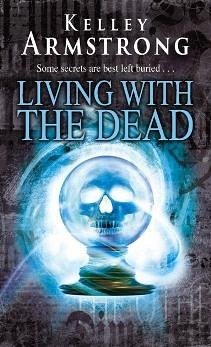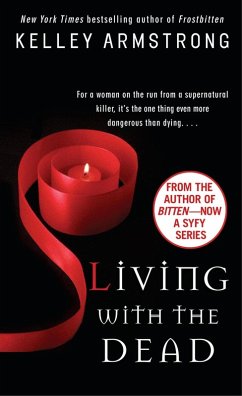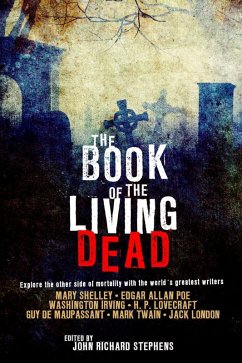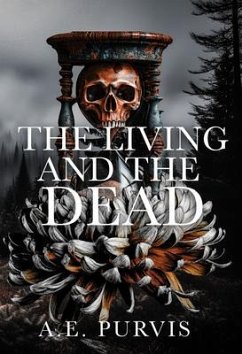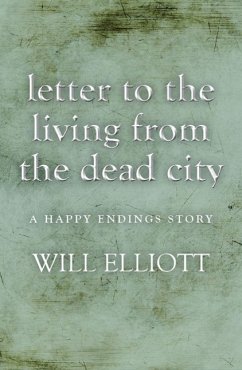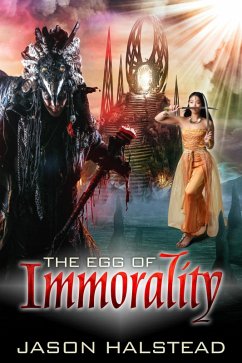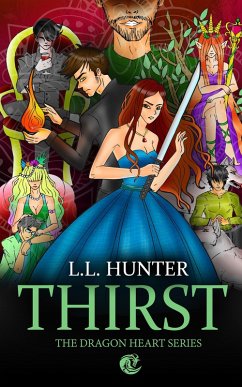
Thirst of the Living Dead (eBook, ePUB)

PAYBACK Punkte
0 °P sammeln!
In "Thirst of the Living Dead," Arthur Leo Zagat masterfully intertwines horror and speculative fiction, presenting a chilling narrative that examines mankind's deepest fears through the allegory of the undead. Set against a backdrop of societal collapse, Zagat explores themes of survival, desperation, and the human condition through vivid characterizations and a palpable sense of dread. His engaging prose, marked by a sharp, incisive wit, elevates the story beyond mere terror, inviting readers to ponder the existential implications of a world overrun by the living dead, while also delving int...
In "Thirst of the Living Dead," Arthur Leo Zagat masterfully intertwines horror and speculative fiction, presenting a chilling narrative that examines mankind's deepest fears through the allegory of the undead. Set against a backdrop of societal collapse, Zagat explores themes of survival, desperation, and the human condition through vivid characterizations and a palpable sense of dread. His engaging prose, marked by a sharp, incisive wit, elevates the story beyond mere terror, inviting readers to ponder the existential implications of a world overrun by the living dead, while also delving into the nuances of desire and thirst-both literal and metaphorical. Arthur Leo Zagat, a prolific writer known for his contributions to the pulp fiction genre, drew from the anxieties of his time-specifically the societal fears of disease and alienation. His work often reflects a fascination with the macabre and the psychological strife of his characters, shaped by his own experiences during an era rife with uncertainty. Zagat's multi-faceted background in both writing and editing continues to influence his storytelling, infusing "Thirst of the Living Dead" with a depth that resonates with readers long after the final page. For those captivated by the intersection of horror and philosophical inquiry, "Thirst of the Living Dead" is a compelling exploration waiting to be unraveled. Zagat's unique approach to the zombie genre not only entertains but also challenges readers to confront their own fears and desires, making it a profound addition to any literary collection.
Dieser Download kann aus rechtlichen Gründen nur mit Rechnungsadresse in A, B, BG, CY, CZ, D, DK, EW, E, FIN, F, GR, H, IRL, I, LT, L, LR, M, NL, PL, P, R, S, SLO, SK ausgeliefert werden.





